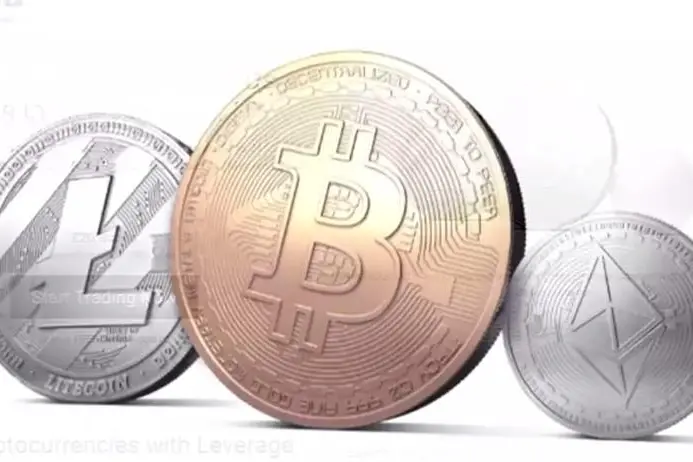PHOTO
The organisation issued a note in December stating that it had added "Proprietary Trading in Crypto-commodities" as an activity within the free zone. Certain conditions were stipulated - the setting up of exchanges and brokerage services are not permitted and all business plans need prior approval by DMCC management.
Speaking to Zawya on the sidelines of the Global Commodity Outlook Conference on Sunday, Sanjeev Dutta, DMCC's executive director for commodities, said it was "beginning to facilitate" a market in cryptocurrencies, but that it is aware of the fact that, as yet, this is an unregulated activity.
"Obviously, anything that we facilitate is subject to laws and relevant regulations. If there's a law and a regulation that is prohibitive, then certainly there is no more progress in that area for us," he said.
"It's still very nascent, that entire market. To me, what is important is the fact that you are still evaluating it as part of your innovation strategy. You are not saying 'no' to something. You are not saying 'yes' either, but you are exploring, so you are clearly ahead of the others when the time to make a decision comes."
He said that firms looking to set up in the zone would be considered on a "case-by-case" basis.
Speaking at the same event, Franco Bosoni, director of DMCC's innovation hub, said that there was a global consensus beginning to form that cryptocurrencies should be classified as commodities.
"DMCC's view is that these meet the test of a commodity. They're priced based on supply and demand, produced and sold globally at uniform quality and (are) indistinguishable between products," he said.
The regulatory authority responsible for overseeing Abu Dhabi Global Markets also said on Sunday that it was "reviewing and considering the development of a robust, risk-appropriate regulatory framework" for virtual currency exchanges and intermediaries.
The authority had previously issued guidance on its likely treatment of Initial Coin/Token Offerings (the equivalent of an IPO for a cryptocurrency) in October, which stated that coins or tokens which were deemed to have the properties of securities would be considered to be a 'regulated activity', but that other forms of tokens would not be. Similarly, the offering of derivatives of virtual currencies would likely be a regulated activity, but that spot trading in currencies would not.
However, in a telephone interview with Zawya on Sunday, Wai Lum Kwok, head of capital markets for Abu Dhabi Global Markets Regulatory Authority, said: "Since we've gone out with that guidance, we've continued to receive a lot of industry feedback in terms of the need for us to seriously consider introducing some form of regulations around the spot trading of virtual currencies," he said.
"And there is strong feedback from serious players that if there is some regulation around it, it would actually help enhance the credibility around such transactions and it would safeguard the consumers who trade in such activities."
Wai said that the authority did not yet have a time frame for when regulations would likely be introduced, stating that it is still in discussions with regulatory authorities from other countries around the world.
"As we develop our framework, we will also want to check in and have the conversations with, for example, US (United States) regulators, Japanese regulators and so on and so forth, so that there is some alignment of approach to avoid any regulatory arbitrage," he added.
(Reporting by Michael Fahy; Editing by Shane McGinley)
(michael.fahy@thomsonreuters.com)
Our Standards: The Thomson Reuters Trust Principles
Disclaimer: This article is provided for informational purposes only. The content does not provide tax, legal or investment advice or opinion regarding the suitability, value or profitability of any particular security, portfolio or investment strategy. Read our full disclaimer policy here. © ZAWYA 2018





















